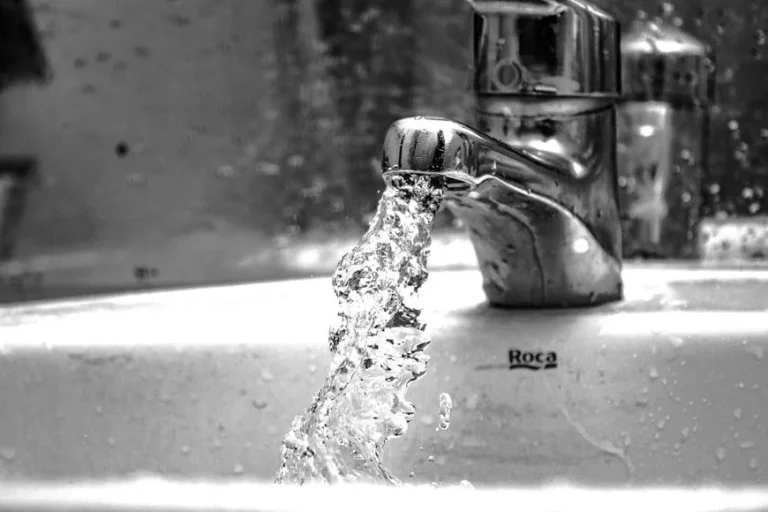Hard water is common in many regions, characterized by elevated levels of dissolved minerals, primarily calcium and magnesium. While these minerals are not harmful to health, they can significantly affect household appliances, particularly water heaters. We will explore how hard water impacts water heater performance, the issues it can cause, and the necessary repairs that may arise from this phenomenon. Understanding the effects of hard water can help homeowners maintain their water heaters more effectively and minimize repair costs.
Effects of Hard Water on Water Heater Efficiency
One of the most notable impacts of hard water on water heaters is the reduction in efficiency. When hard water is heated, the minerals present can precipitate and form scale deposits inside the water heater. This scaling can accumulate on the heating elements and tank walls, creating an insulating barrier that prevents effective heat transfer. As a result, the heater must work harder to achieve the desired water temperature, leading to increased energy consumption. Homeowners may notice higher utility bills as their water heaters labor to provide hot water, especially during peak usage. Furthermore, scale buildup can lead to overheating of the heating elements, which may shorten their lifespan and necessitate more frequent replacements. Over time, this inefficiency can compromise the overall performance of the water heater, making it essential for homeowners to be aware of their water quality and take preventative measures.
Common Issues Caused by Hard Water
In addition to reducing efficiency, hard water can lead to several specific problems with water heaters. One of the most common issues is sediment buildup, which occurs when the minerals in hard water settle at the bottom of the tank. This sediment can create a host of problems, including a reduction in the available volume of hot water. As sediment accumulates, it can take up space that would otherwise be filled with water, reducing the heater’s capacity to provide hot water on demand. Sediment buildup can also lead to corrosion of the tank itself. When sediment traps heat, it can cause localized overheating, resulting in the tank walls deteriorating more rapidly than they would under normal conditions. This corrosion can eventually lead to leaks, forcing homeowners to deal with costly repairs or even complete water heater replacement.
Signs of Hard Water Damage
Homeowners should be vigilant for signs of hard water damage to their water heaters. One of the most common indicators is an unusual noise coming from the heater. As sediment builds up, it can cause rumbling or popping sounds when the water heater is in operation. These noises often indicate that the heater is struggling to heat water effectively due to the presence of sediment. Another sign is fluctuating water temperatures; if the heater fails to maintain consistent temperatures, it may be a result of scale buildup affecting the heating element. Homeowners may also notice an unusual taste or smell in their hot water, indicating that sediment and mineral buildup could affect water quality. Regular water heater inspections and attention to these signs can help homeowners address issues before they escalate into significant problems.
Maintenance Strategies for Hard Water
To mitigate the impact of hard water on water heaters, homeowners can adopt several maintenance strategies. One effective method is to install a water softener system, which reduces the hardness of the water by removing calcium and magnesium ions. By replacing these minerals with sodium or potassium, a water softener can significantly decrease scale formation in the water heater and other plumbing fixtures. Regular maintenance, such as flushing the water heater, can help remove sediment buildup. Flushing should be done at least once a year, allowing the homeowner to remove any sediment that may have accumulated at the bottom of the tank. This simple maintenance task can enhance the performance and longevity of the water heater, reducing the likelihood of repairs. Homeowners can also consider using descaling solutions specifically designed for water heaters to help dissolve existing scale deposits.
When to Call a Professional
While homeowners can perform some maintenance tasks, certain situations may require the assistance of a professional. If significant sediment buildup is suspected, or if there are indications of leaks or corrosion, it is advisable to consult a qualified technician. Summers Plumbing Heating & Cooling near Warsaw professionals can conduct thorough inspections and recommend the appropriate repairs or replacements based on the specific condition of the water heater. They can also provide guidance on whether installing a water softener or other water treatment systems would be beneficial in the long run. Understanding when to seek professional help can save homeowners time and money, ensuring their water heater operates efficiently and safely.
Read also: The Lifespan of Different Window Types After Installation
The impact of hard water on water heater performance and repair is a significant concern for homeowners. Hard water reduces efficiency and can lead to various issues, such as sediment buildup, noise, and corrosion, which can compromise the appliance’s lifespan. By implementing maintenance strategies like installing water softeners and conducting regular flushes, homeowners can minimize the adverse effects of hard water. Additionally, being aware of the signs of hard water damage will enable timely interventions, potentially saving on repair costs. In navigating the challenges posed by hard water, a proactive approach can ensure reliable hot water delivery while enhancing the longevity of water heaters.
